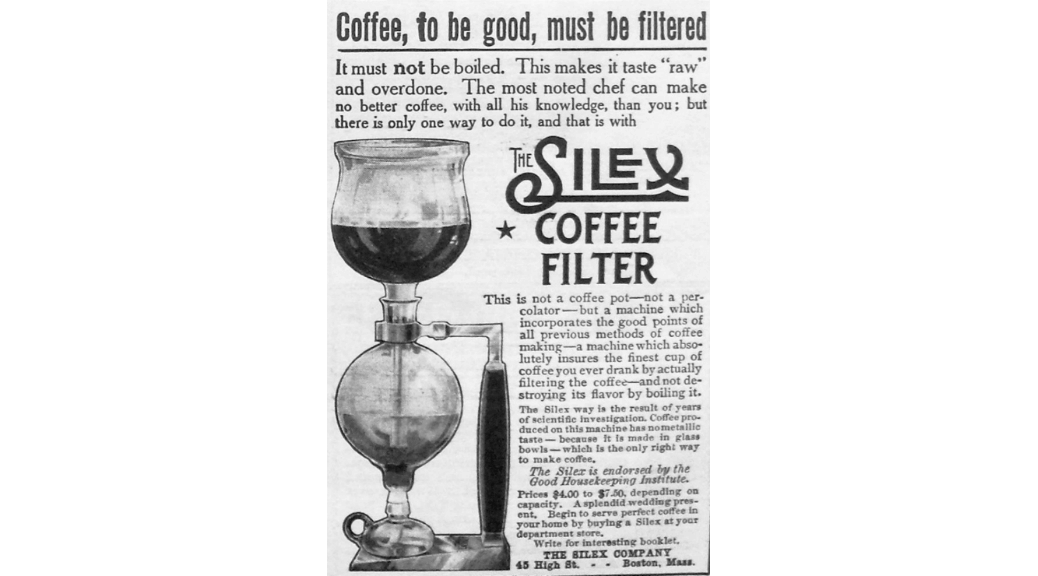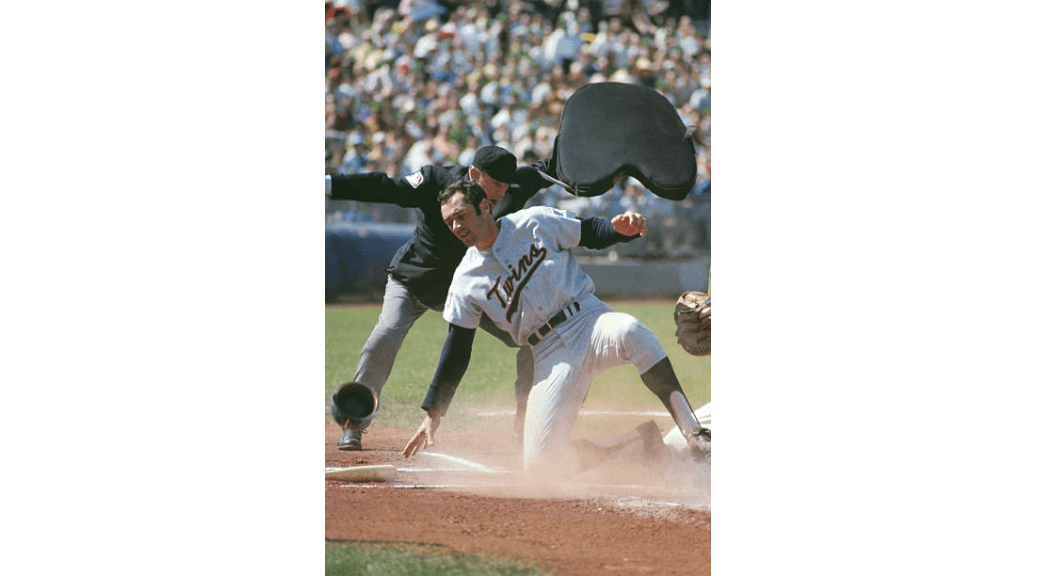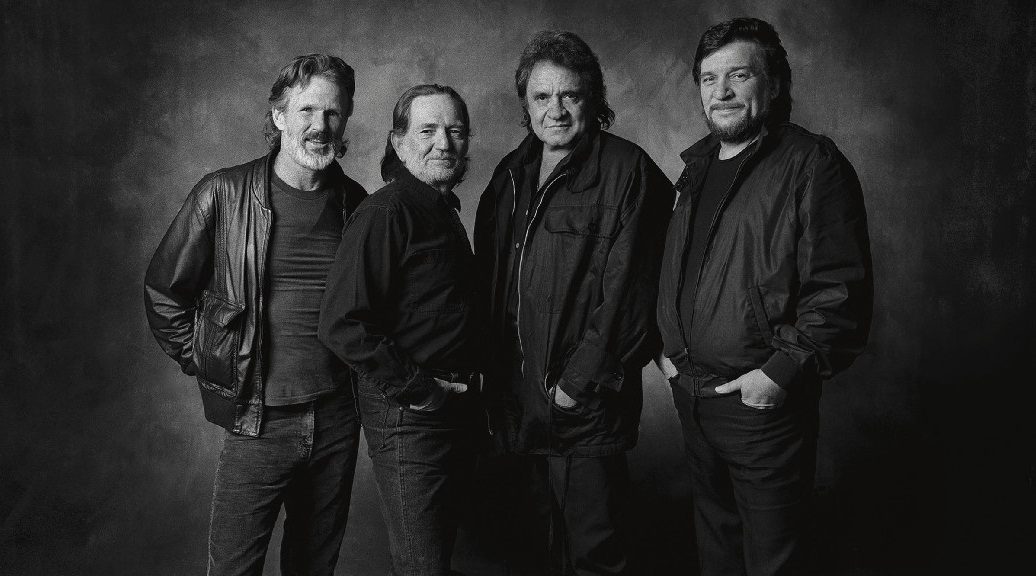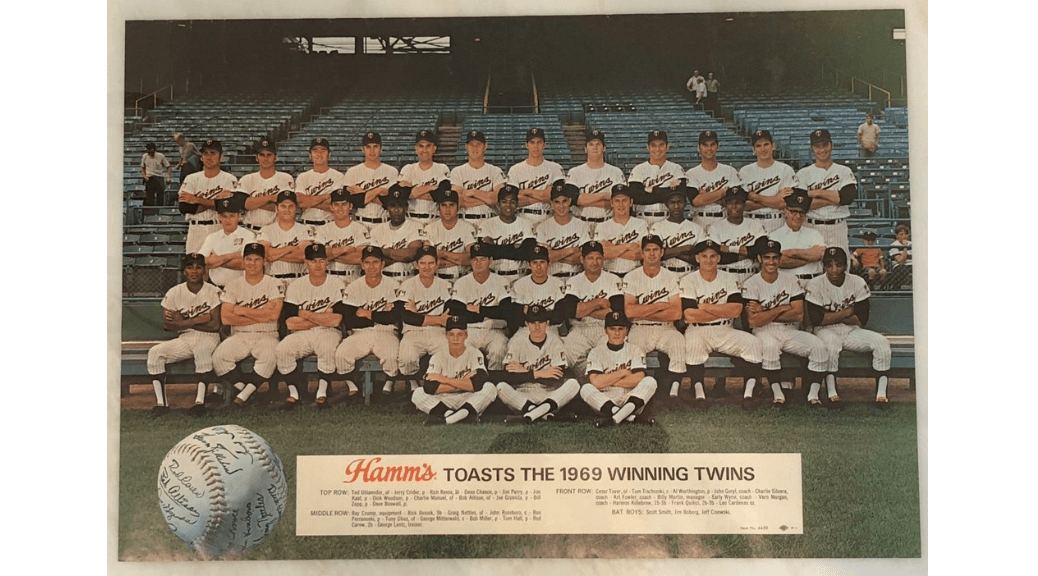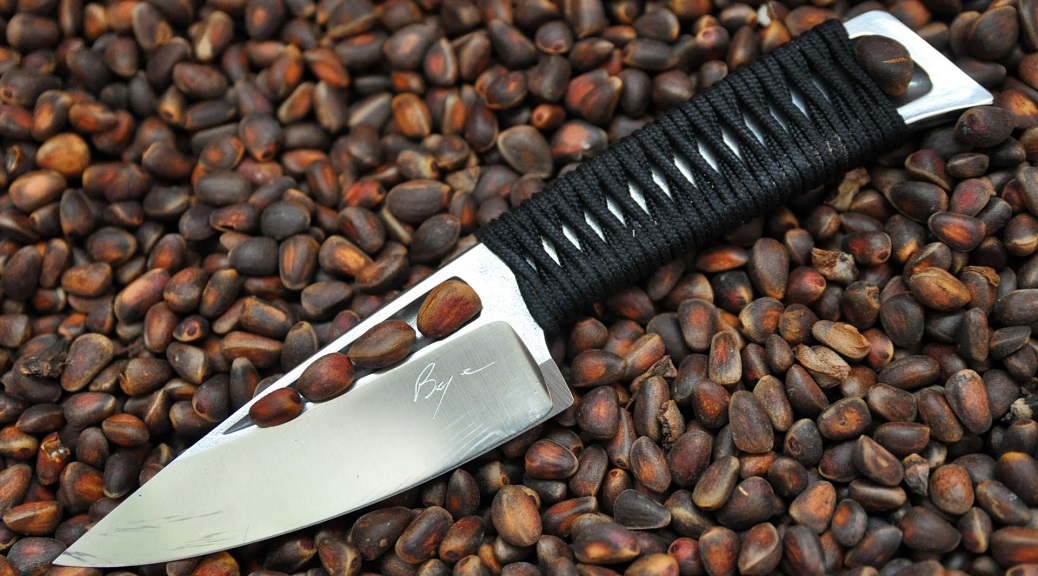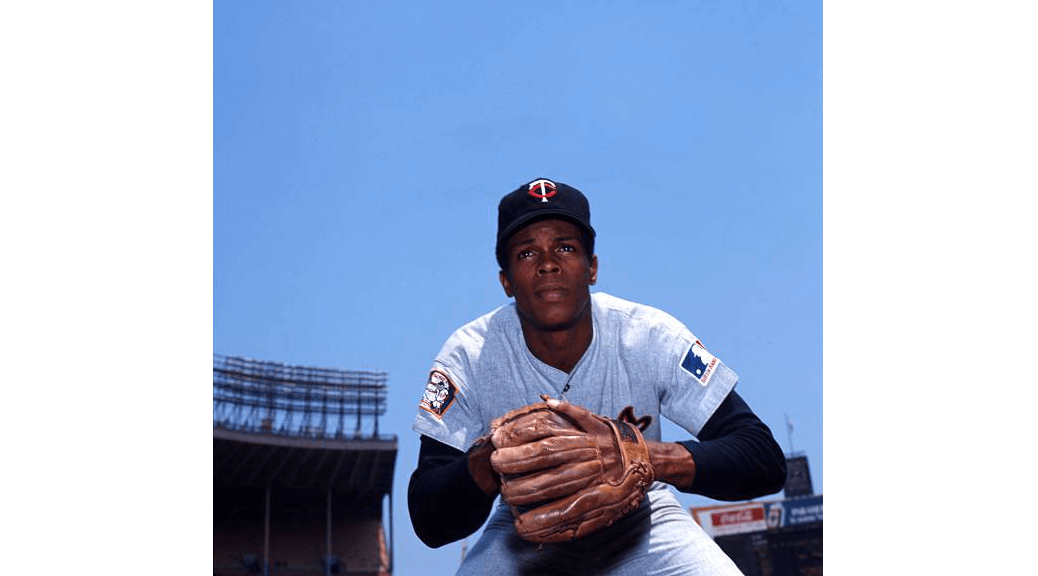MINNESOTA 5, SEATTLE 2 IN SEATTLE (GAME 1 OF DOUBLEHEADER)
Date: Sunday, September 28.
Batting stars: Johnny Roseboro was 2-for-4 with a double. Cesar Tovar was 2-for-4 with a stolen base, his forty-fifth. Rod Carew was 2-for-5 with three RBIs. Ted Uhlaender was 1-for-3 with a home run, his eighth.
Pitching stars: Dave Boswell pitched seven innings, giving up two runs (one earned) on three hits and four walks and striking out three. Ron Perranoski struck out two in two perfect innings.
Opposition star: John O'Donoghue struck out six in five shutout innings of relief, giving up two hits and a walk.
The game: Uhlaender led off the game with a home run. The Twins missed a chance for more, though. Tony Oliva and Harmon Killebrew each walked with one out, but Graig Nettles hit into a double play to end the inning. Seattle got the run back in the bottom of the first. John Donaldson and Wayne Comer walked, and ex-Twin Don Mincher delivered a two-out single to tie it 1-1.
The Twins took the lead back in the second. Singles by Tovar and Roseboro and a walk to Leo Cardenas loaded the bases with none out. Boswell struck out and Uhlaender hit a fly to short left, but Carew delivered a two-run single to give the Twins a 3-1 advantage.
Neither team scored again until the seventh. The Twins put a man in scoring position in the third, when Tovar hit a two-out single and stole second, and again in the fifth, when Oliva hit a one-out double, but nothing came of it. In the bottom of the seventh, Ex-Twin Sandy Valdespino singled and scored from first on John Kennedy's double-plus-error, cutting the Twins' margin to 3-2.
That was the last Pilot to reach base, though. The Twins put the game out of reach in the ninth. Roseboro and Cardenas opened the inning with back-to-back doubles, making the lead 4-2. With two out, Carew also doubled, increasing it to 5-2.
WP: Boswell (20-11). LP: Miguel Fuentes (1-3). S: Perranoski (30).
Notes: Rich Reese remained out of the lineup. Killebrew was at first base, with Nettles making a rare (for 1969) start at third base (he started just 16 games there that season, as opposed to 44 in left field). Bob Allison pinch-hit for him in the fifth and stayed in the game in left field, with Uhlaender moving to center and Tovar to third. In the sixth, Rick Renick came in to play third, with Tovar moving back to center and Uhlaender coming out of the game. Frank Quilici then came in to play third in place of Renick in the seventh.
Herman Hill pinch-ran for Roseboro in the ninth, with Tom Tischinski coming in to catch.
Carew was batting .334. Oliva was 1-for-4 and was batting .306. Perranoski lowered his ERA to 2.14.
I'm sure the Twins were thrilled to be playing a doubleheader in the last week of the regular season while they were getting ready for the playoffs. Come to think of it, I don't suppose Seattle, which had long since been eliminated, was too happy about it, either. The doubleheader came about because the game they day before had been rained out.
This was the only time Boswell would win twenty games. It was also the last season he would be healthy. In fact, he would win just four more games the rest of his career, which would be over in 1971.
This was the first time Perranoski reached thirty saves. His previous high had been 21 with the Dodgers in 1963. At that time, of course, relief aces (they weren't called closers then) were often brought into tie games or even close games with their team behind. In addition to his 21 saves in 1963, he went 16-3 and led the league in winning percentage. He would have 31 saves in 1969 and would top that in 1970, when he saved 34. He would save only seven more games after that, however.
This was the last start and the next-to-last game of Miguel Fuentes' career. His is actually a rather sad story, one that if I'd ever heard I'd forgotten about. A native of Puerto Rico, he was signed by the Pilots as a free agent before the 1969 season at age twenty-three. He was sent to the Midwest League, where he appeared in 26 games (6 starts) and went 8-2, 1.46 with a WHIP of 0.93 in 74 innings. He got a September call-up and went 1-3, 5.19 in 8 games (4 starts). His one win was a complete game victory over the White Sox, in which he gave up just one run on seven hits and two walks. One assumes the Pilots/Brewers would have sent him to AA in 1970, but it never happened. He returned to his home town of Loiza Aldea during the off-season and was shot and killed in a bar fight. He was still just twenty-three years old.
Record: The Twins were 95-63, in first place in the American League West, 9.5 games ahead of Oakland. They had clinched first place in the division.


